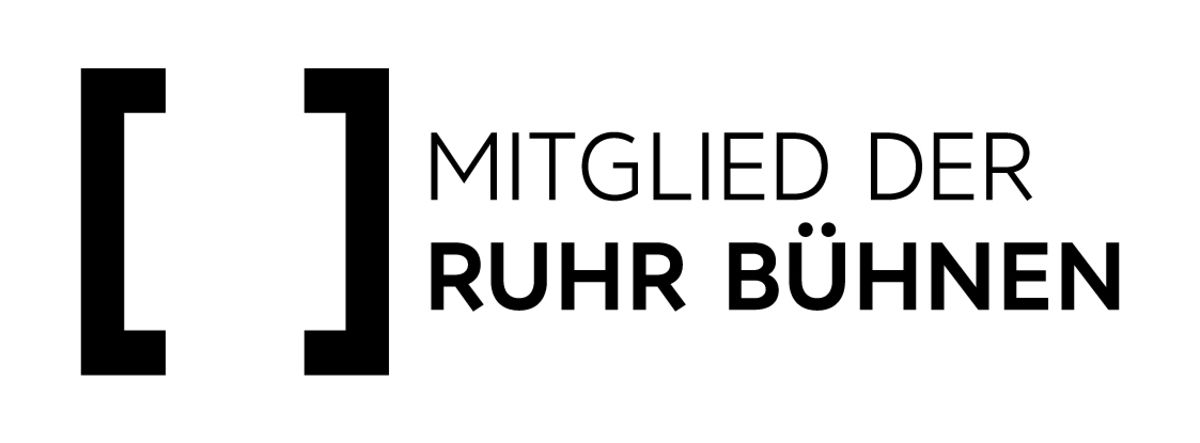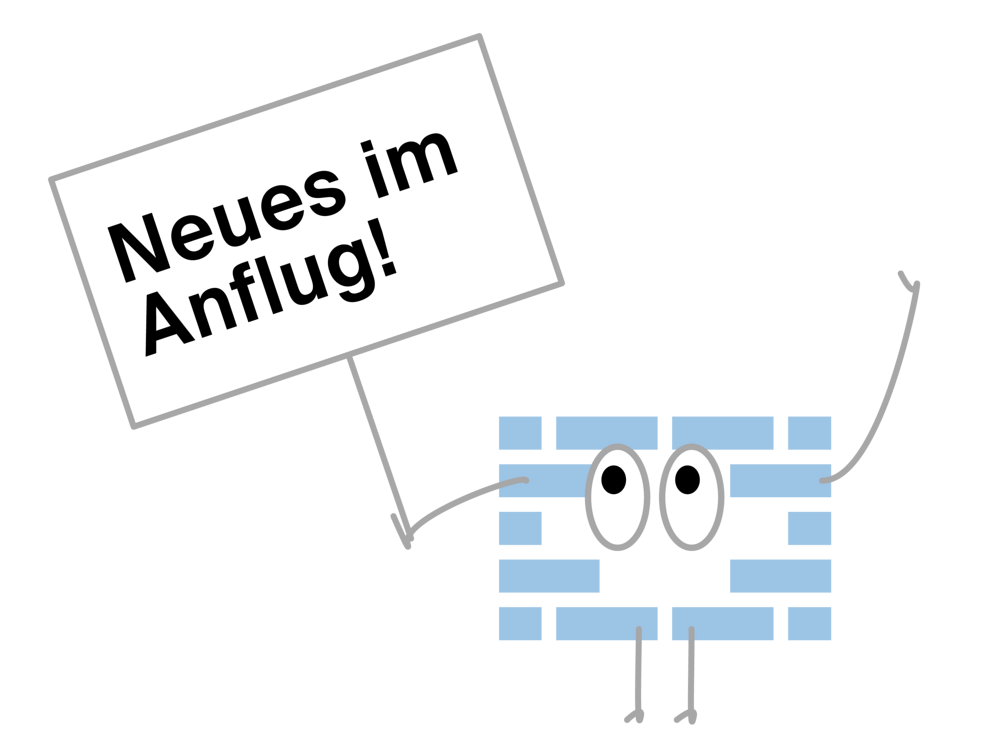Text
At the centre of J. M. Coetzee’s 1999 novel Disgrace is a character who has long taken considerable attention and economic power for granted and is now under attack: an older, white, heterosexual man in a position of privilege. Because of an affair with a student, David Lurie, a single, bored Professor of Communication Studies and expert on the English Romantics at a university in Cape Town, suddenly finds himself subject to an internal disciplinary inquiry, loses his job and is confronted with oblivion. He moves to the countryside, where his daughter Lucy is attempting to manage a farm single-handedly. Here he writes an opera about Byron and increasingly becomes the “dog man” who has cause to reflect on the dignity not only of humans in the face of animal cremations at a veterinary clinic. Out here in the country, the structure of power is different from the one from which David Lurie has benefitted until now, but it is again asymmetrical: Lucy as a white, lesbian woman, the descendant of colonialists, is surrounded by aspirant black men who are members of a post-colonial South African society. Her employee Petrus has bought the neighbouring land and is gaining increasing economic power while, for Lucy, it is unclear how long she can survive financially. One day she is raped, and her father is powerless to help her. Petrus knows the perpetrator – but Lucy and her father have completely opposite views on what to do about this …
Coetzee’s novel is set around five years after apartheid in South Africa has officially ended and in the comprehensive crisis of its central character it captures the upheaval of a (post-colonial) society in which all certainties have dissolved and new ones are still subject to negotiation. Its asymmetrical positions are permanently fluid, and liable to change: who determines and represents (the new) order, the norm, and who does not? Who is a perpetrator and who is a victim? What constitutes an identity? Without denying the price that is paid on all sides, the text explores how the search for human dignity can begin.
Information about the piece
- Schande (Disgrace)
- after J. M. Coetzee
- from the English by Reinhild Böhnke
- Director: Oliver Frljić
- With: Dominik Dos-Reis, Amina Eisner, Marius Huth, Victor IJdens
- Duration: 1:40h, no break
- Premiere: 30.10.2021
- Language: German with English surtitles
Video content
(c) Siegersbusch Film
Participants
- Director: Oliver Frljić
All people
- Director: Oliver Frljić
- Stage design: Igor Pauška
- Costume: Nicole Timm
- Music: Daniel Regenberg
- Light Design: Wolfgang Macher
- Dramaturgy: Angela Obst, Dorothea Neweling
Cast
Images
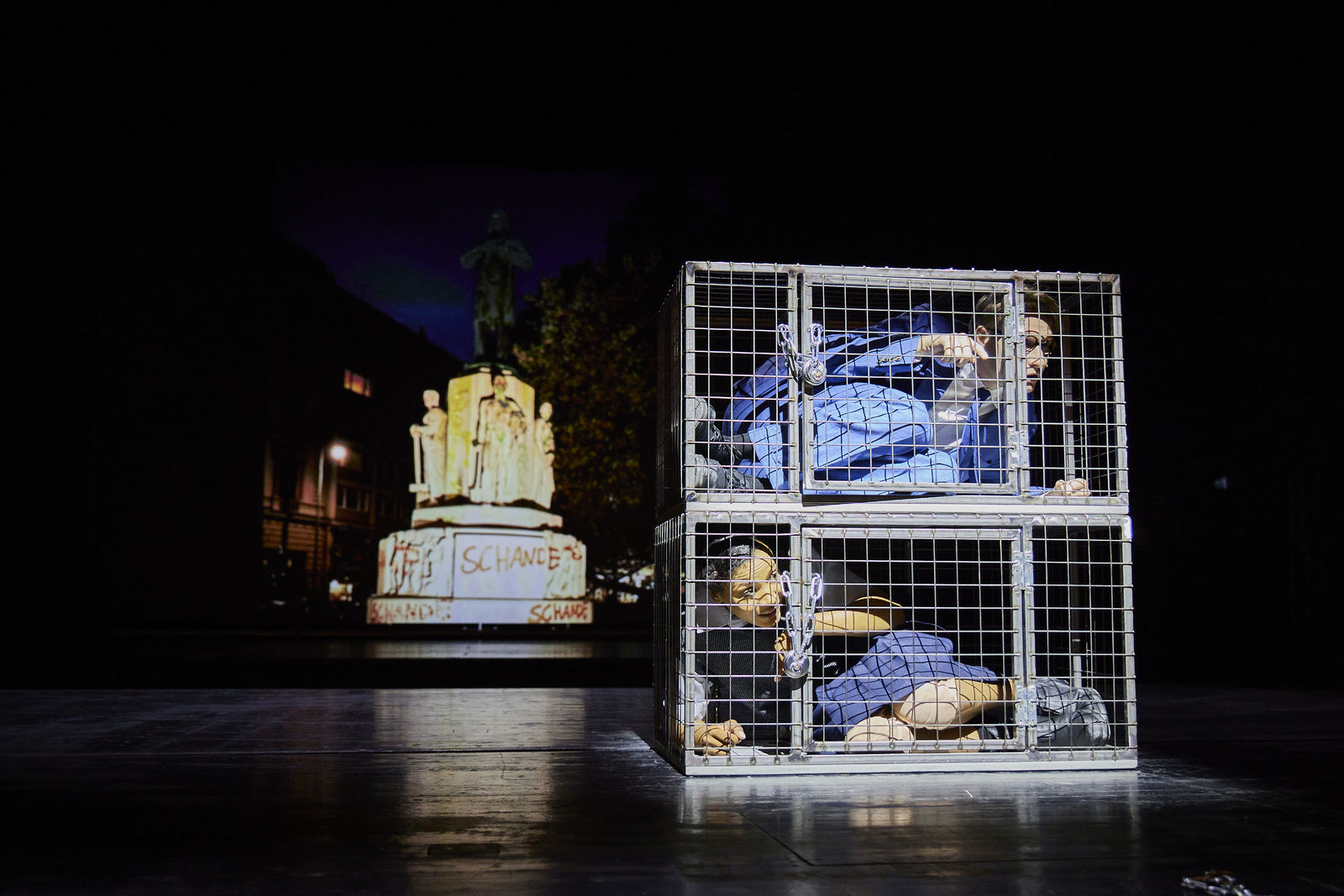

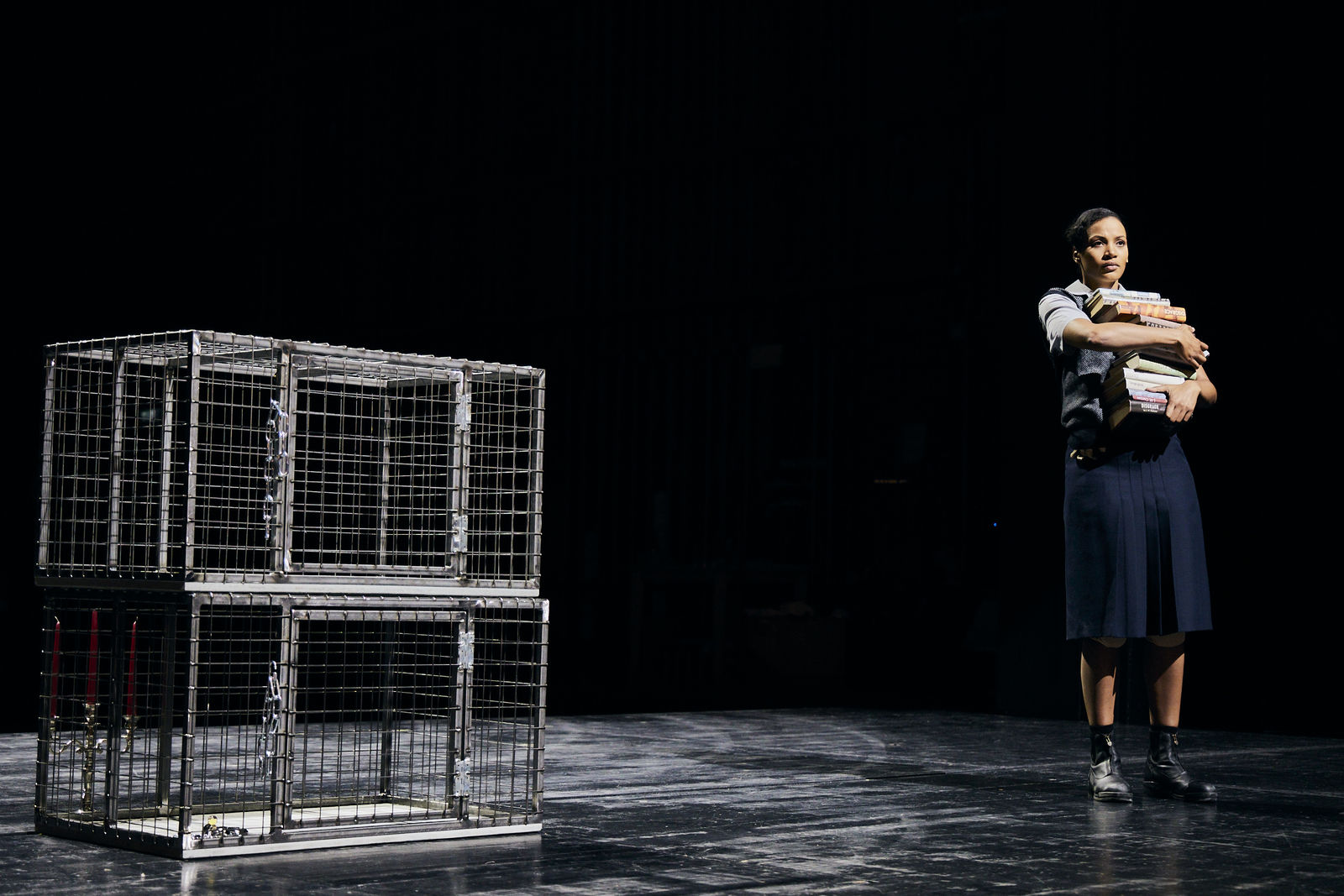
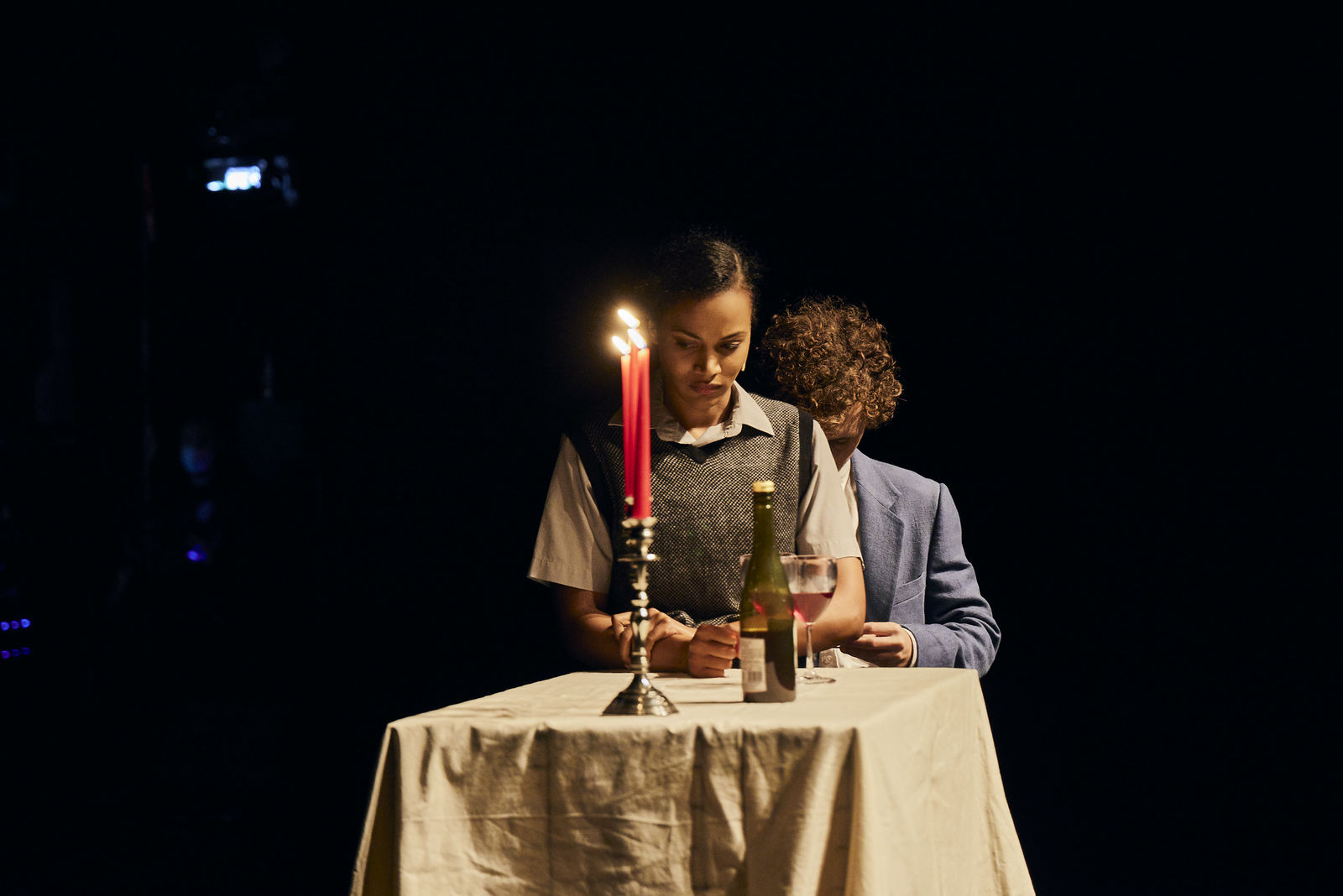
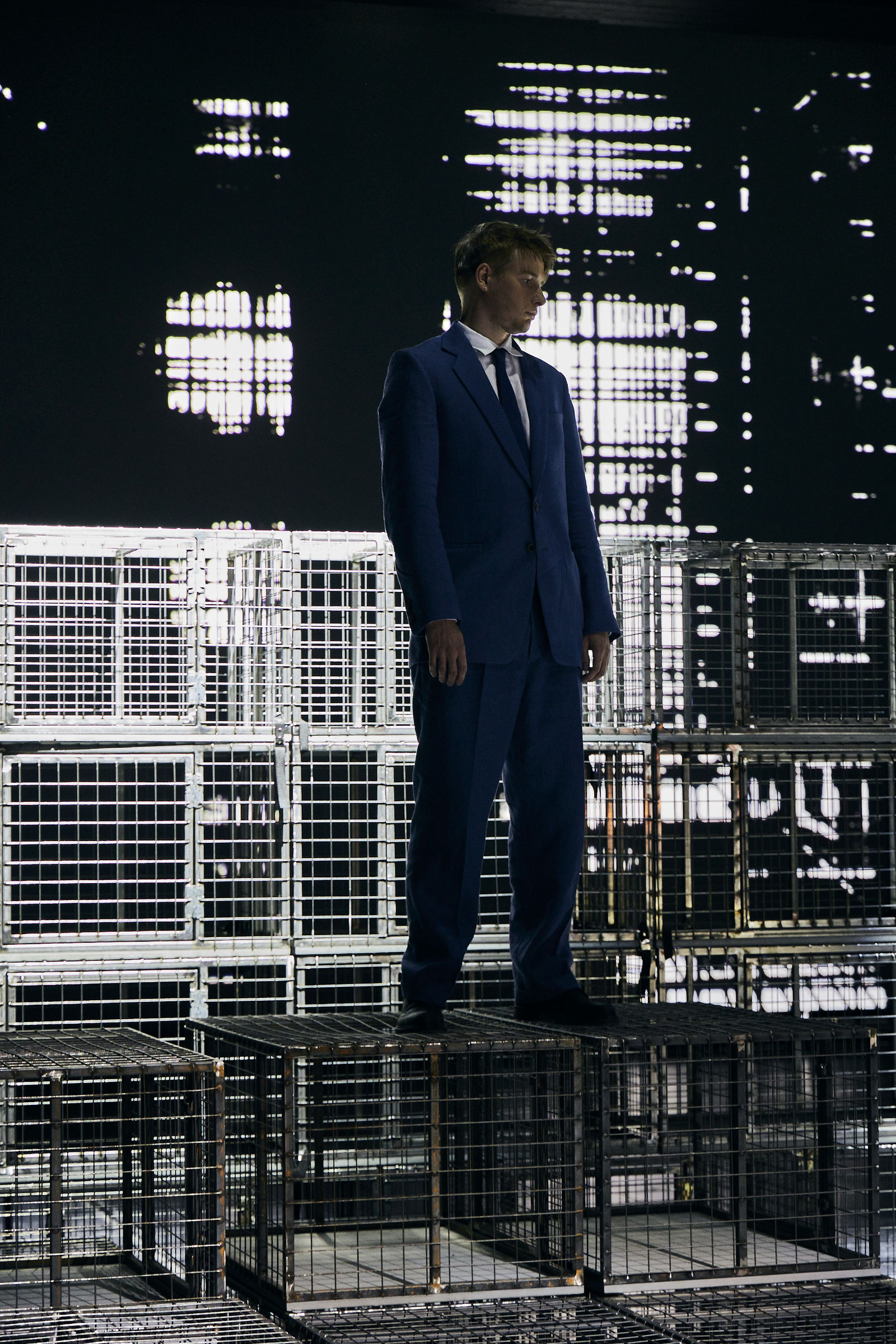
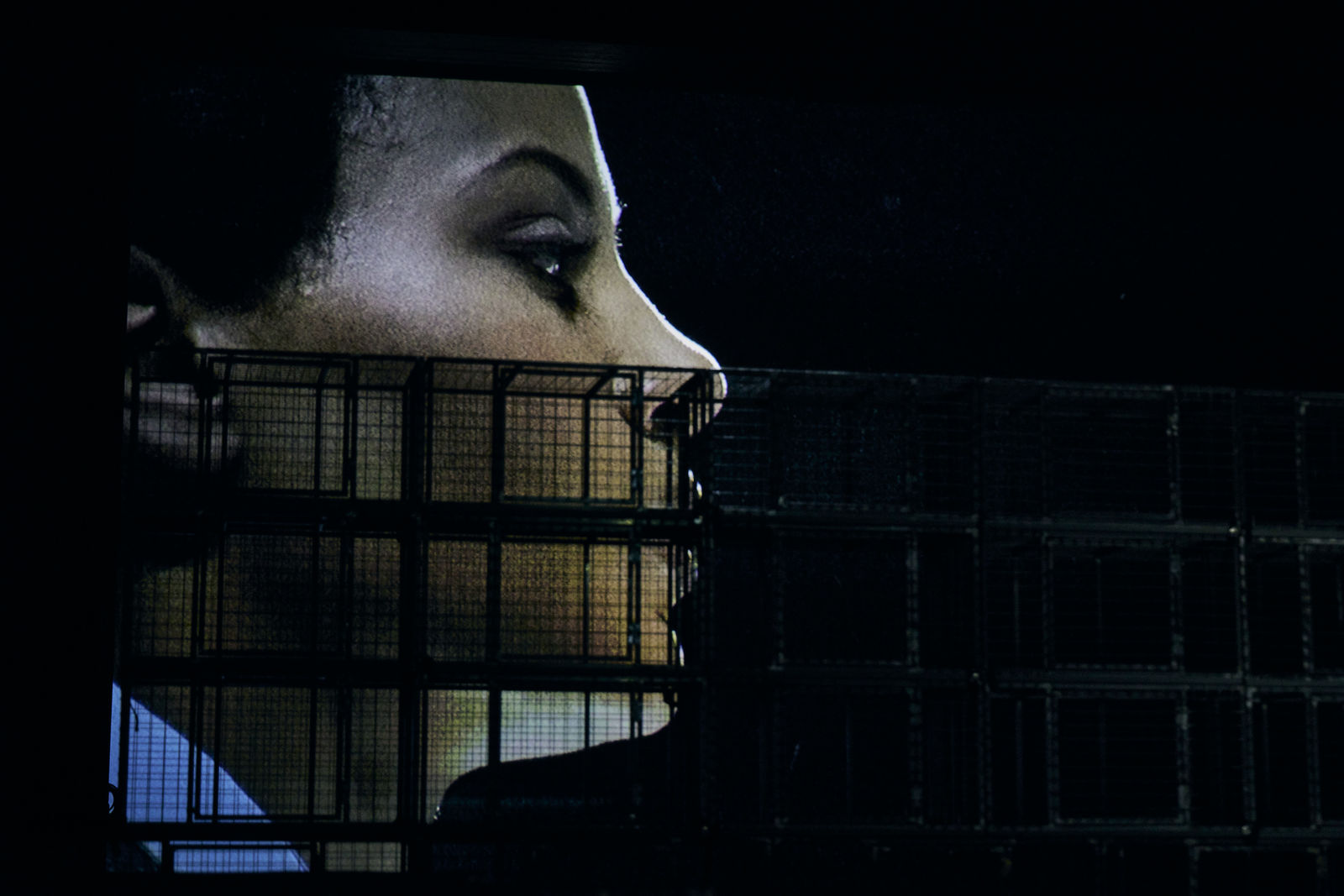
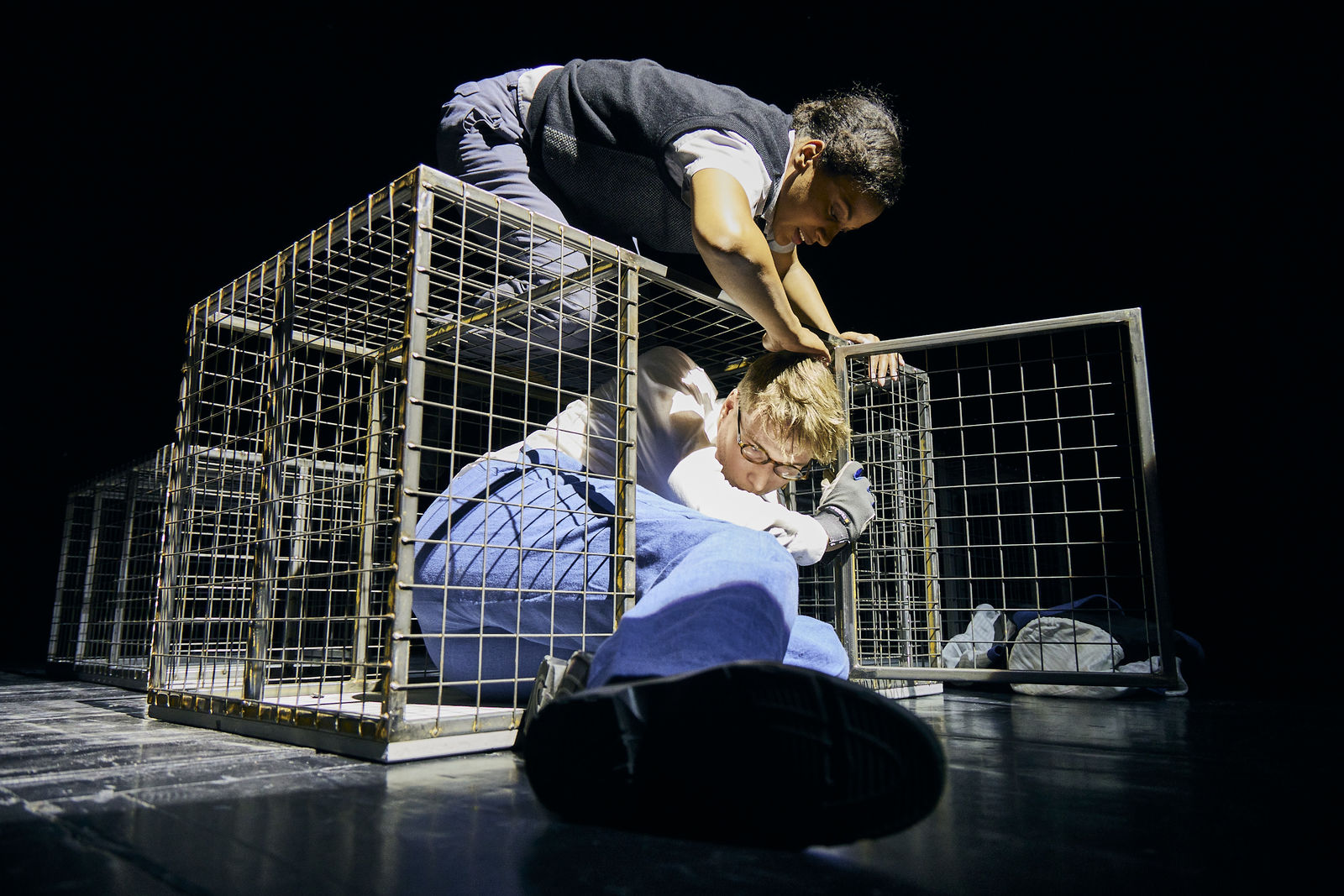
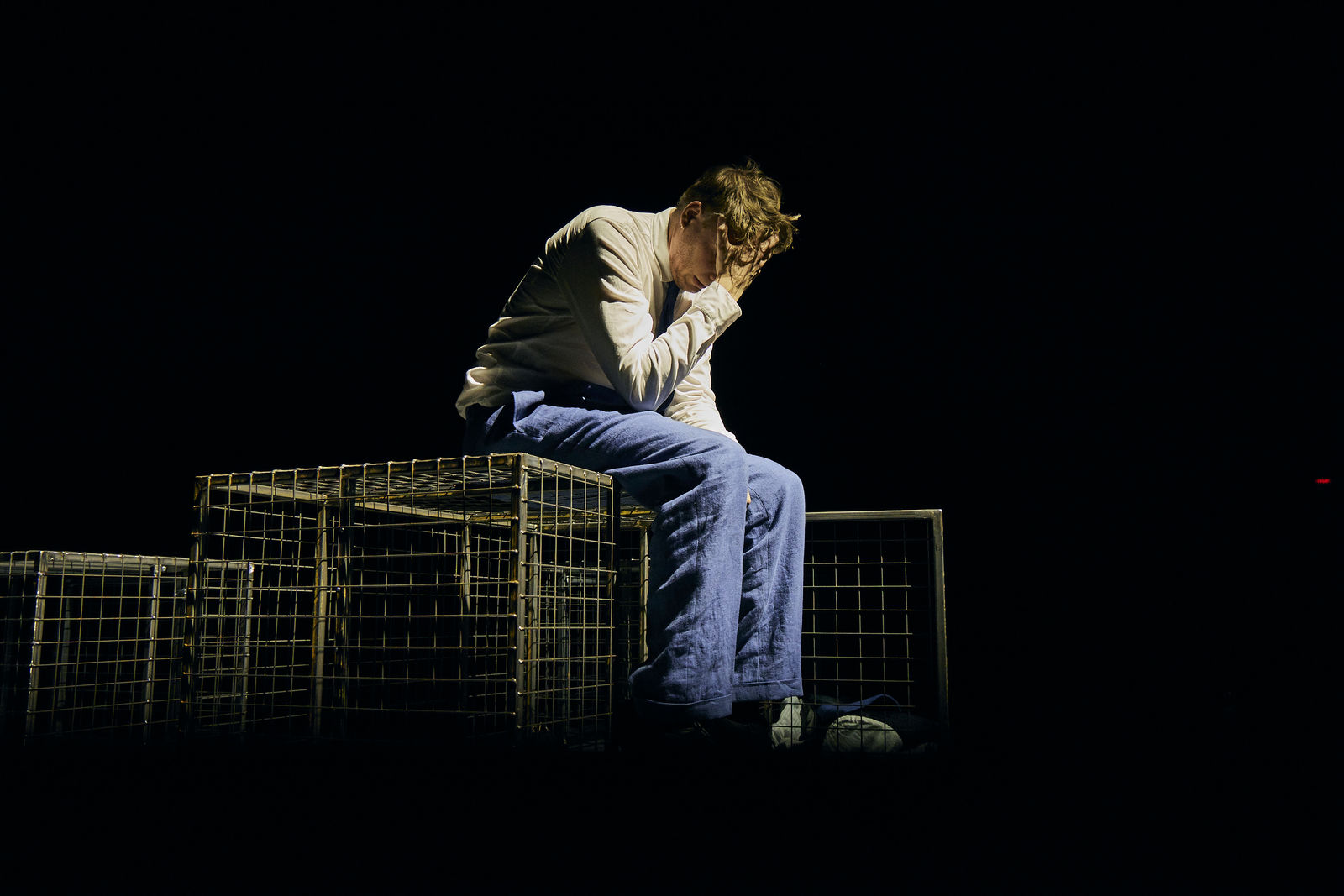
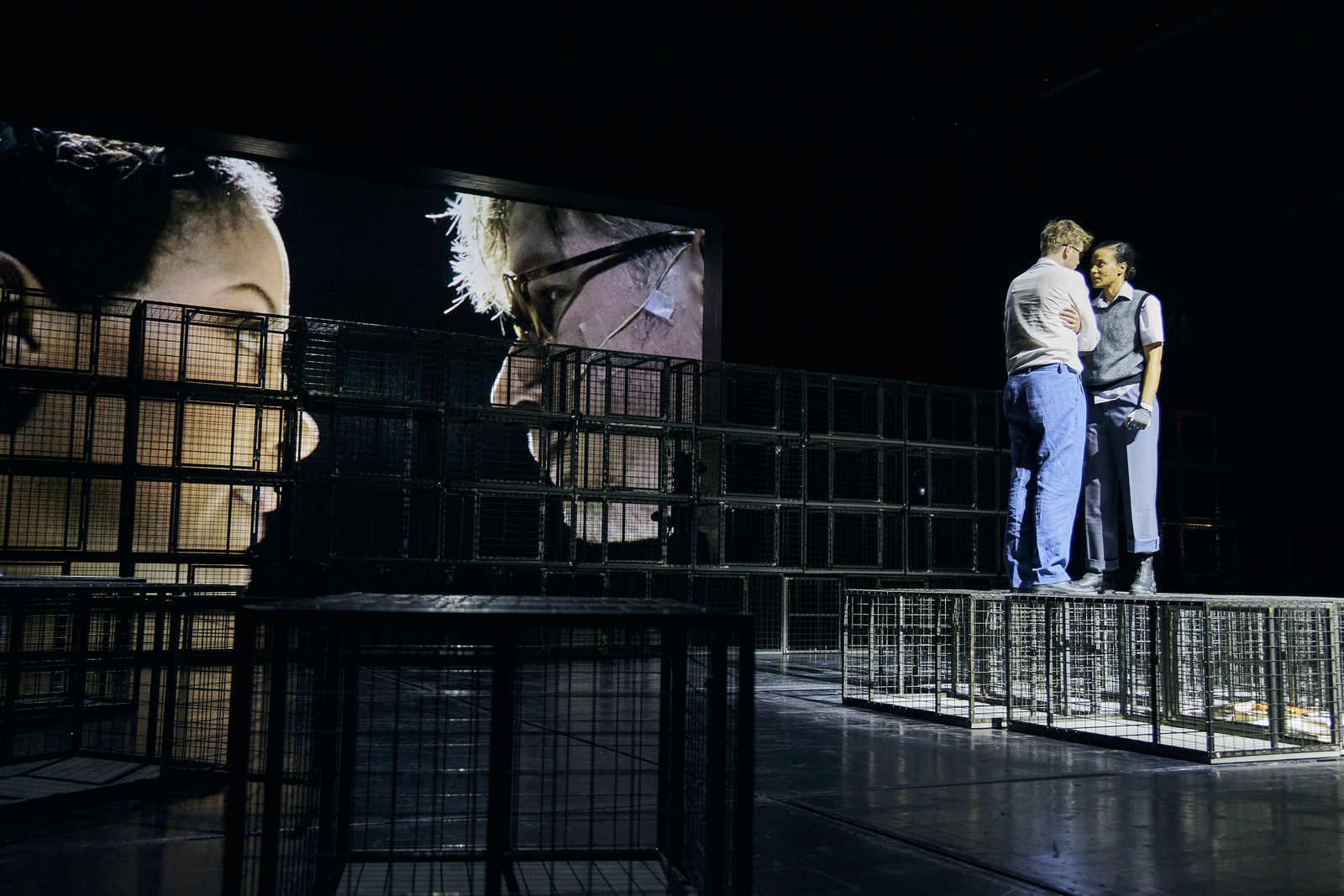
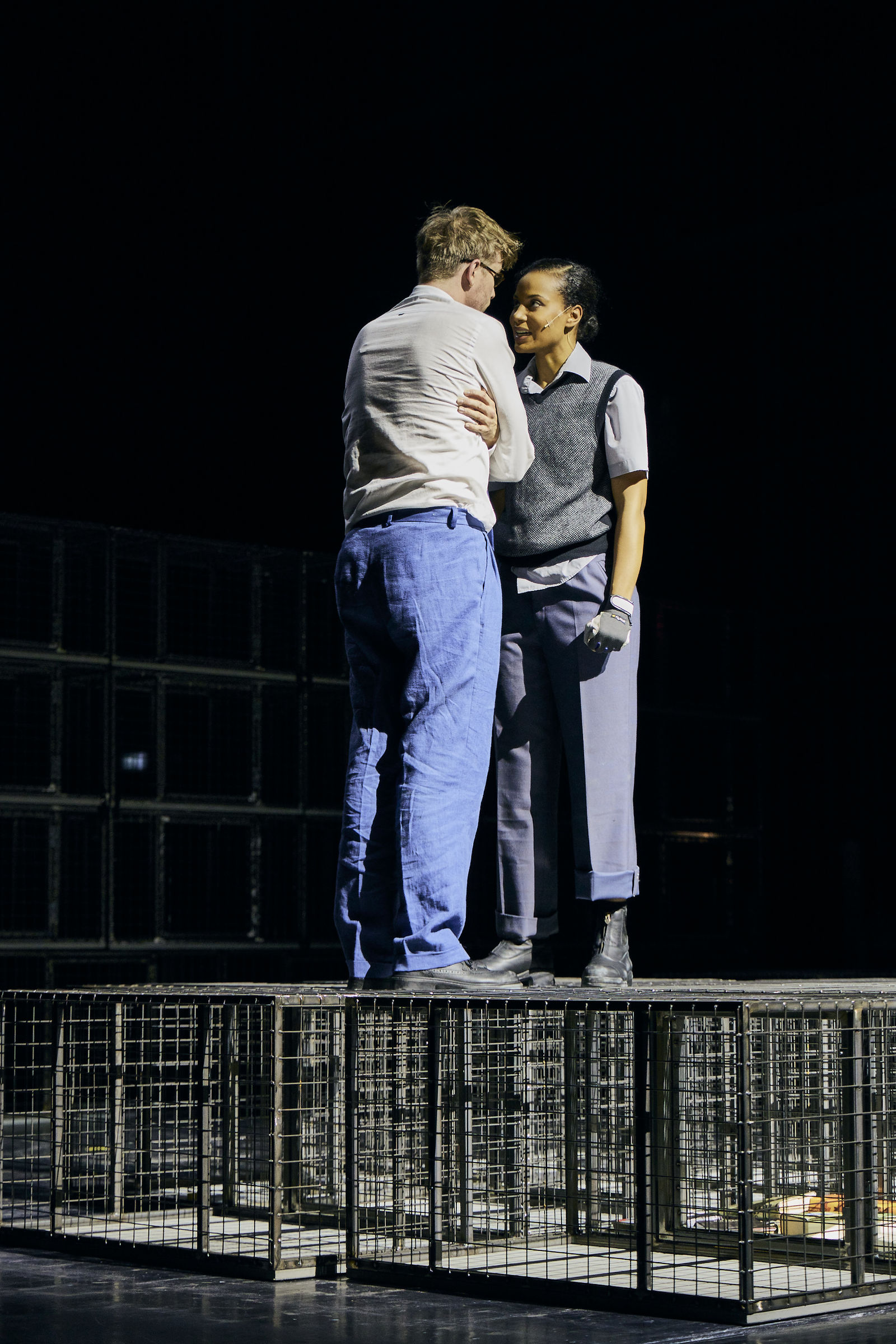
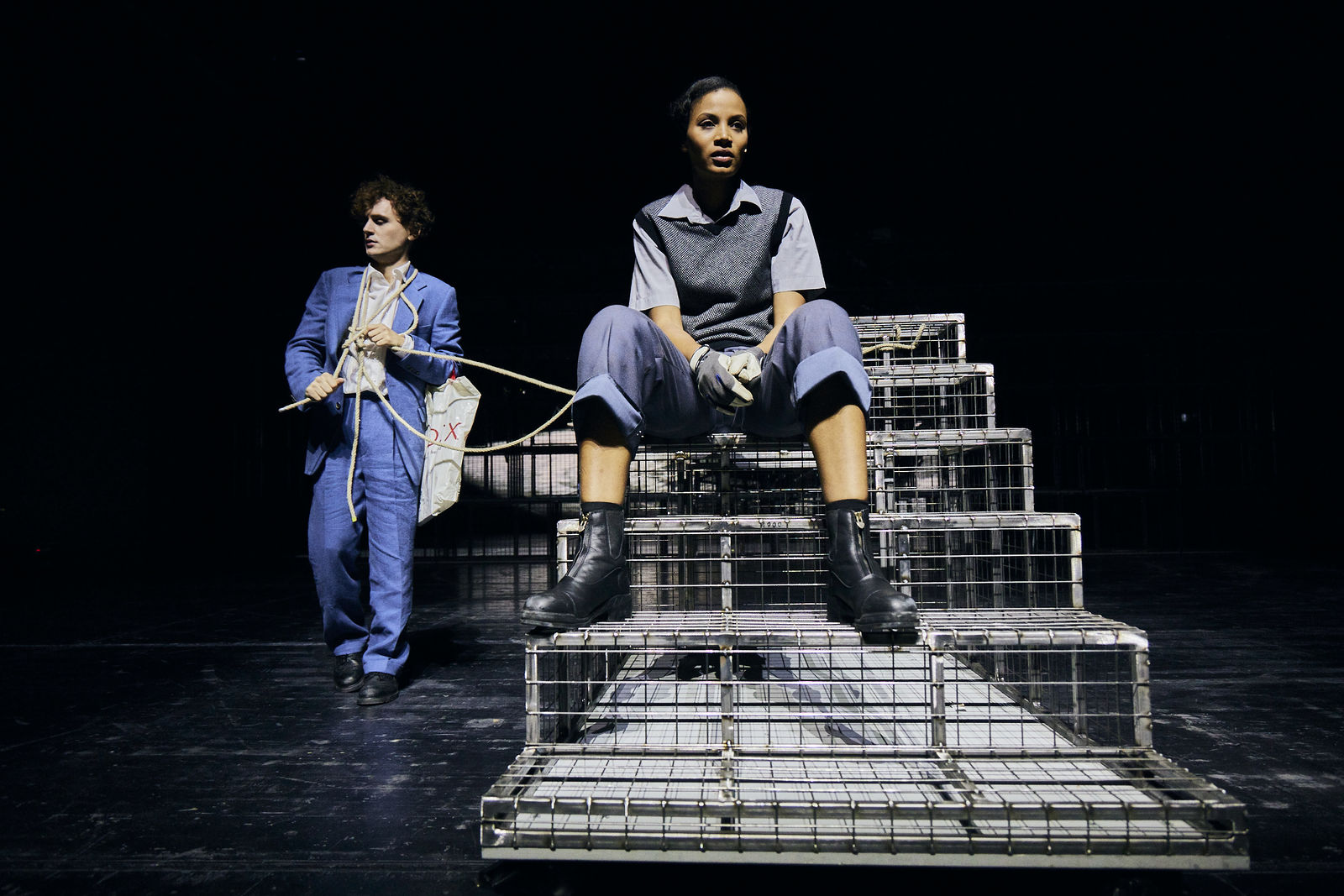
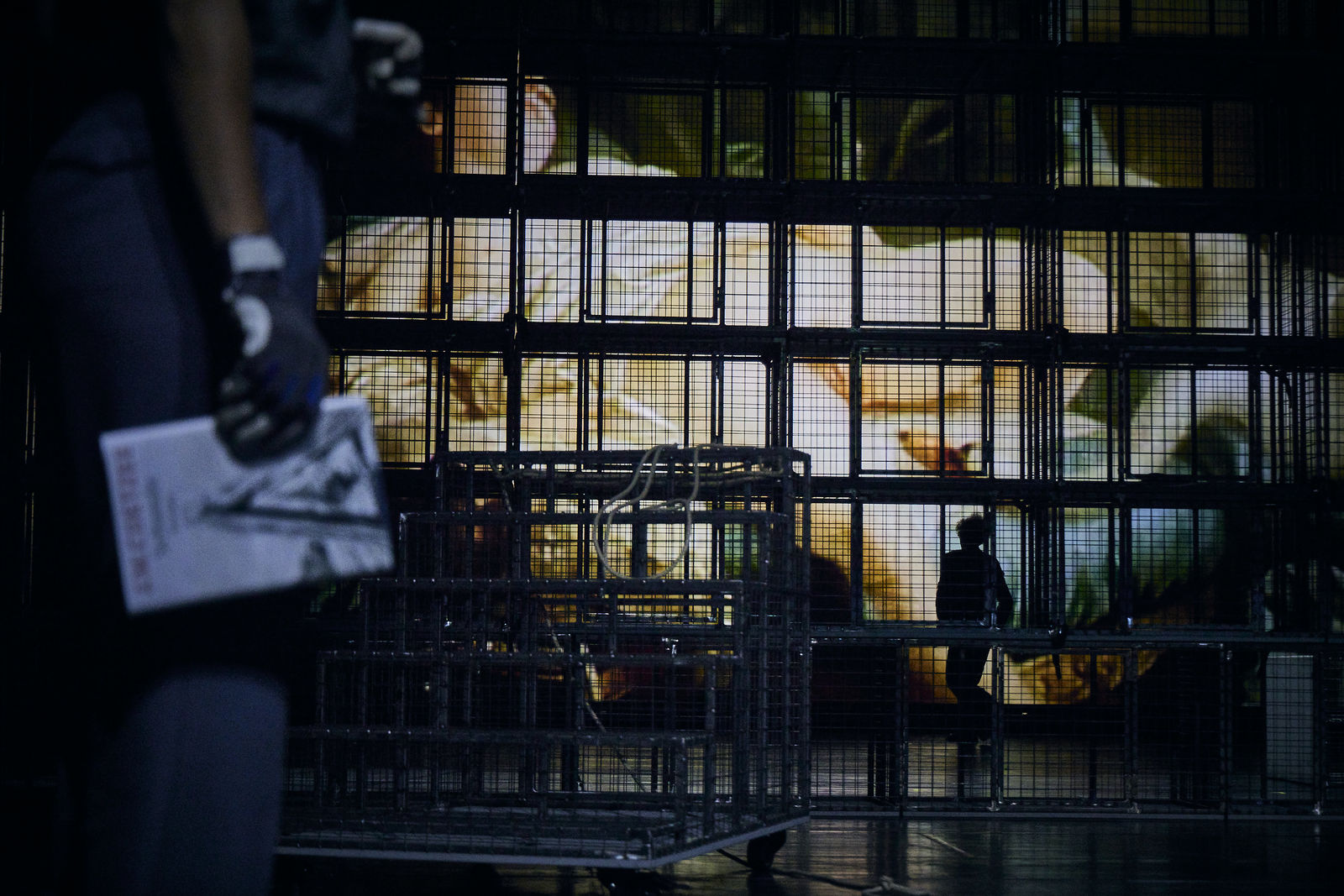
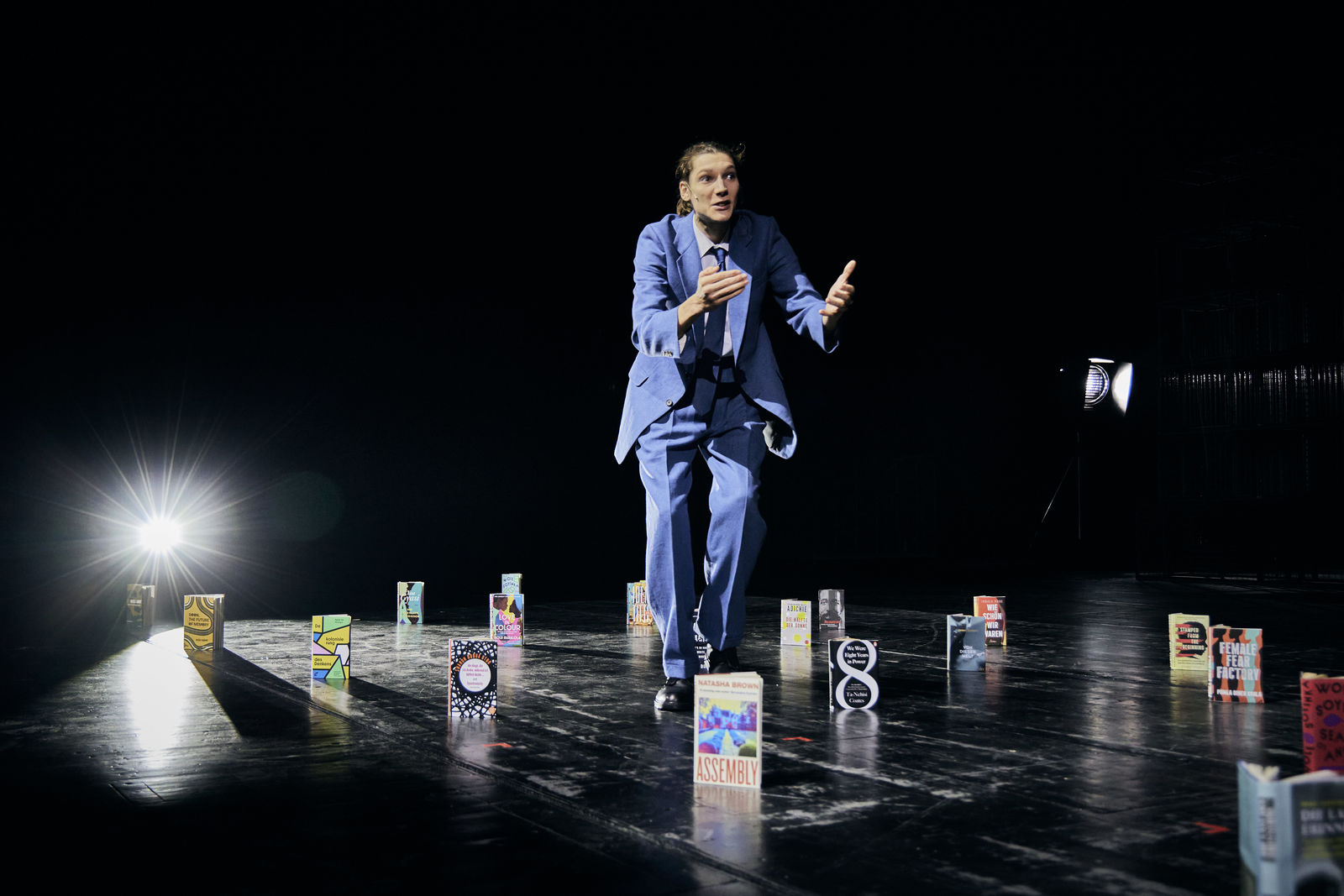
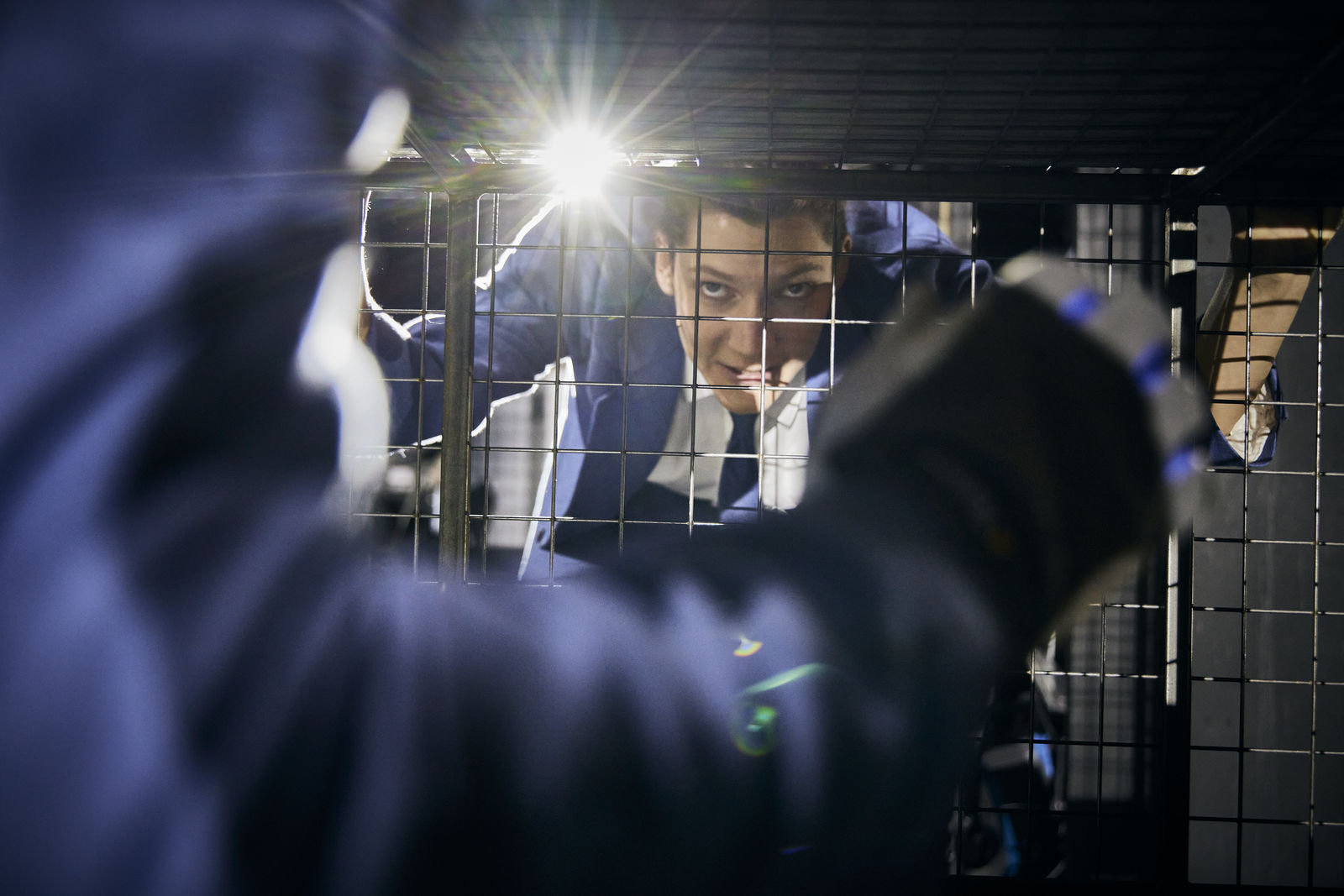
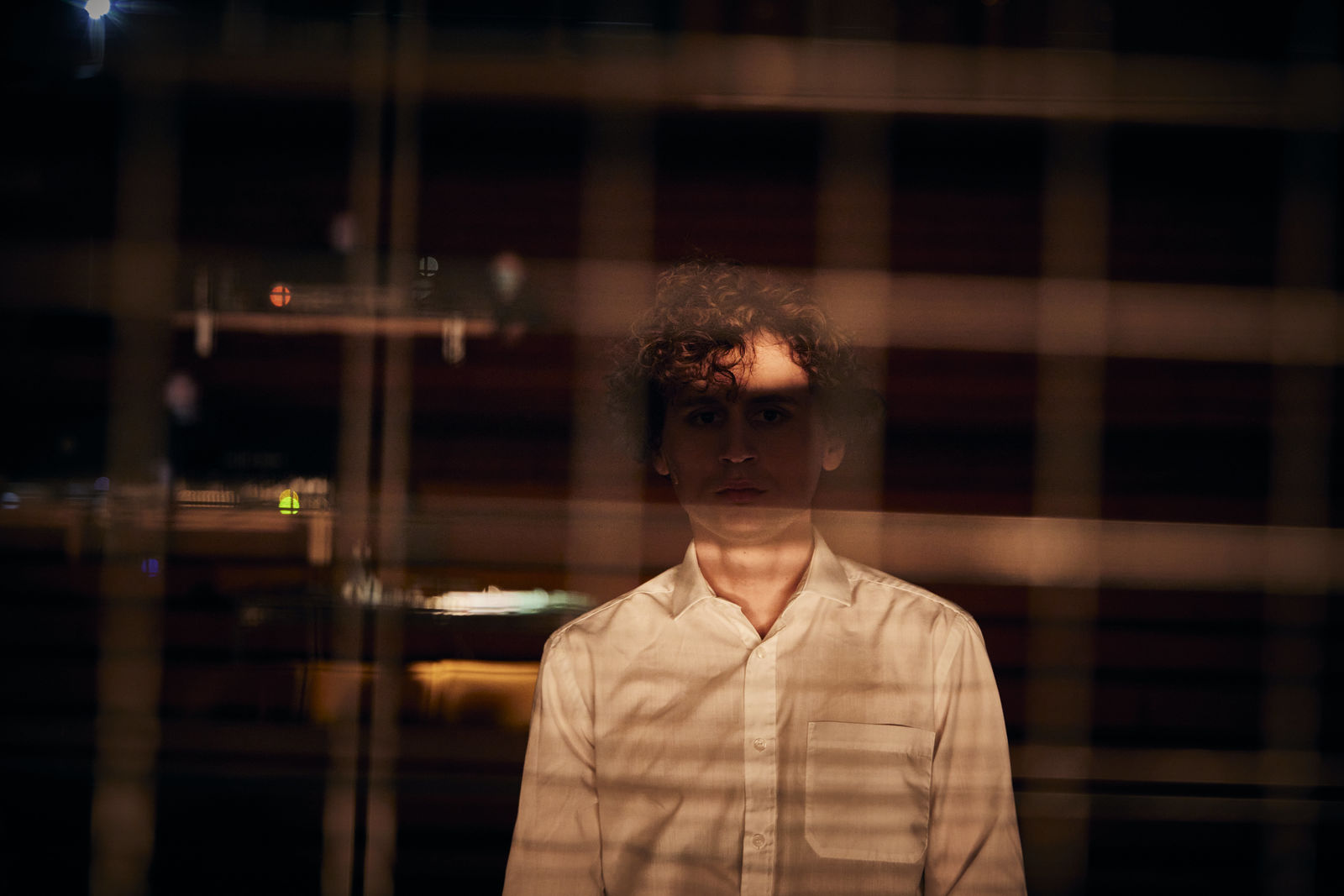
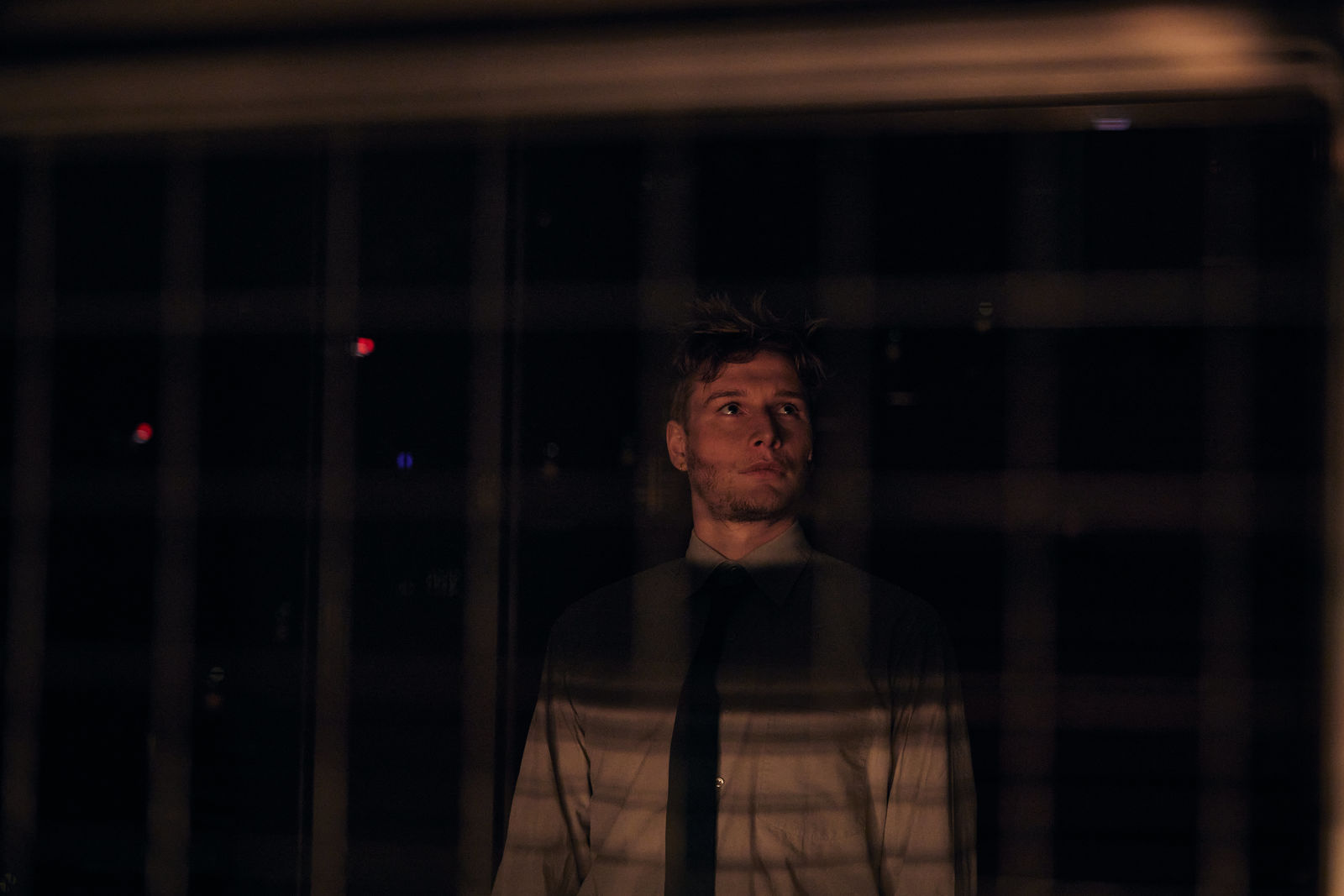
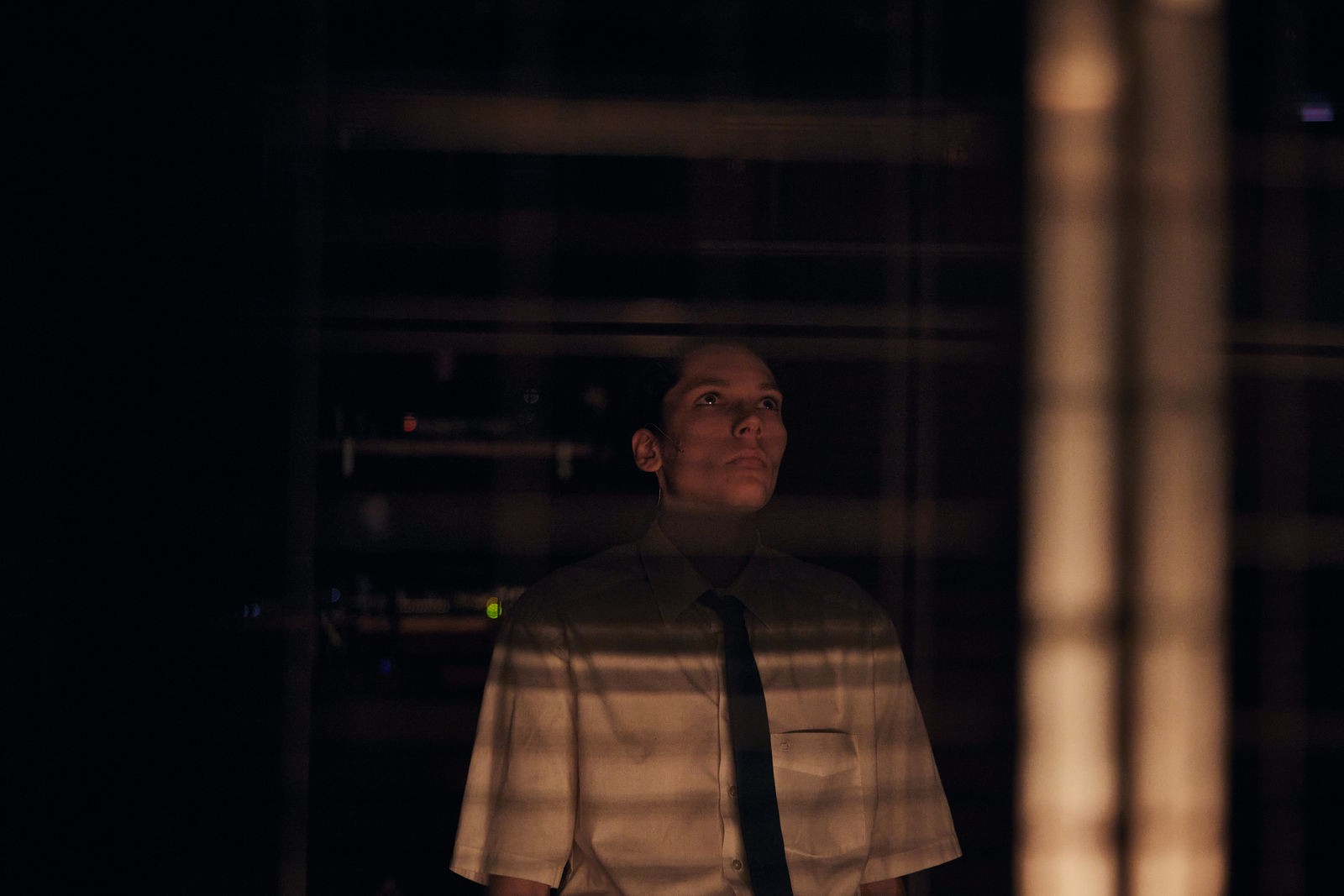
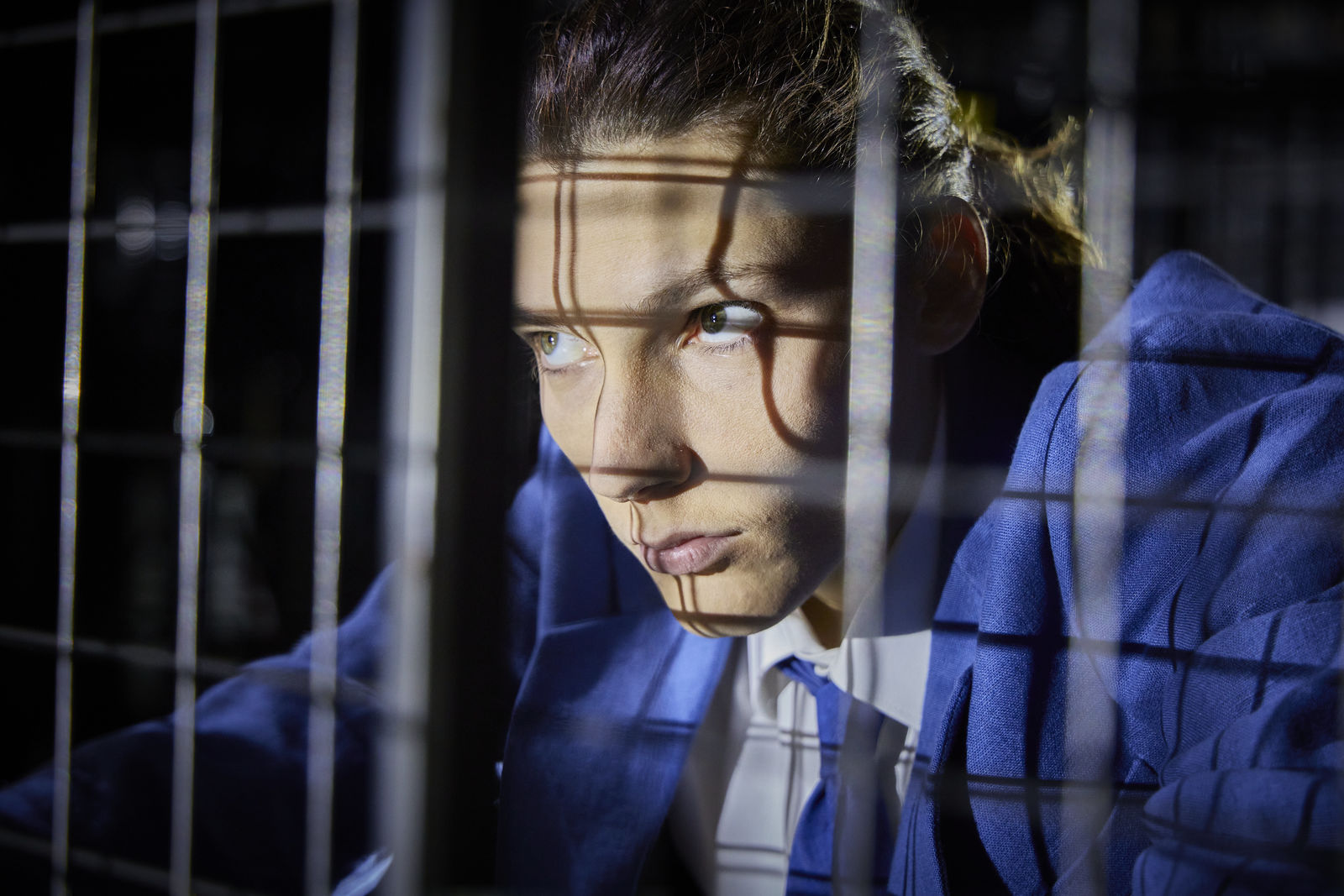
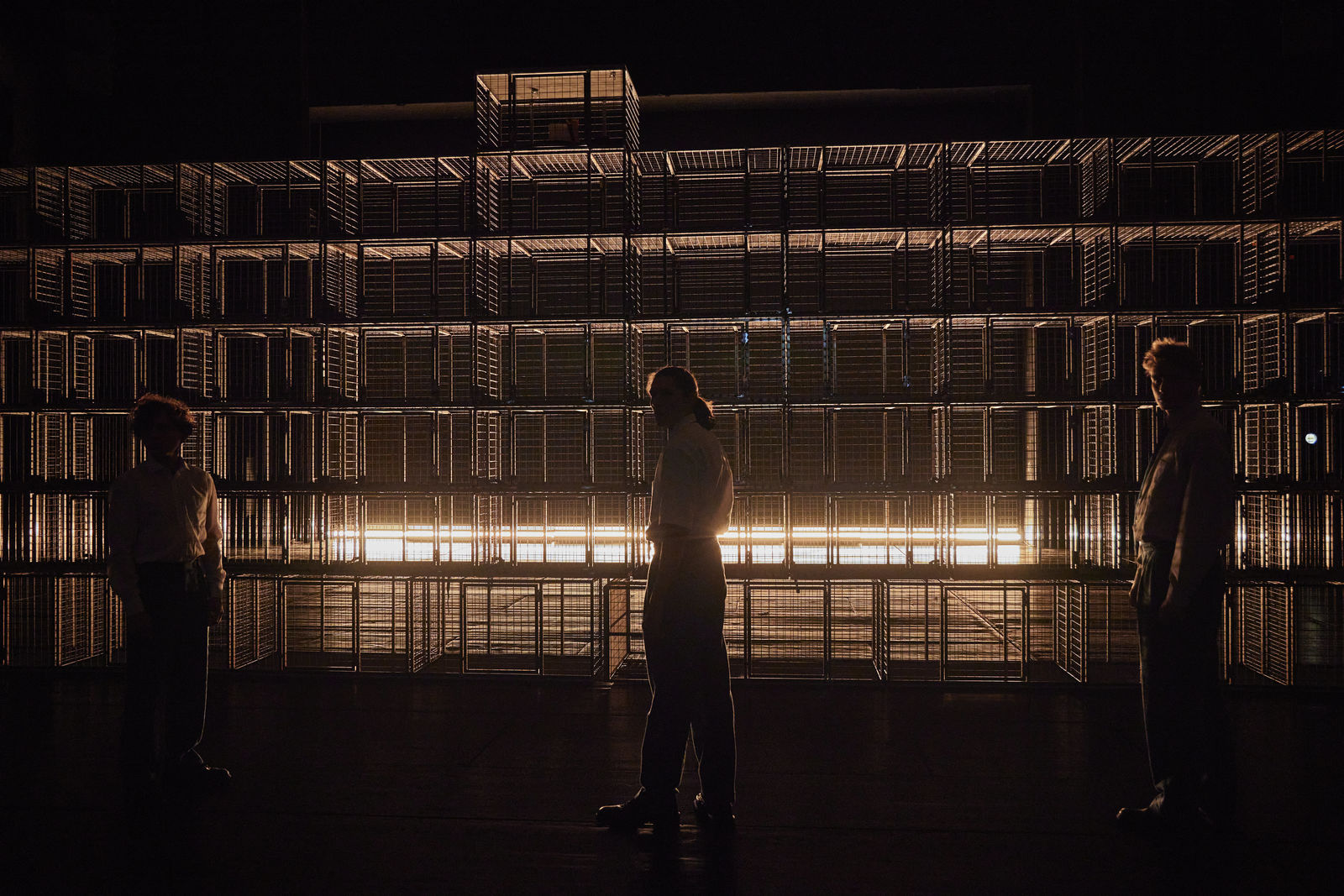
Press reviews
Press voices
Wer aus diesen etwa 110 Theaterminuten unbewegt hinausgeht, fühlt nicht mehr viel: "Schande" in der Regie von Oliver Frljić wuchtet nicht einfach den gleichnamigen Roman von J. M. Coetzee auf die Bühne - die Inszenierung durchdringt vielmehr die ungeheure Vielschichtigkeit von Rassismus mit Hilfe des Buchs, das ja selbst unter Rassismus-Verdacht steht.
Westdeutsche Allgemeine Zeitung, Jens Dirksen
Cooperations
Cooperations

